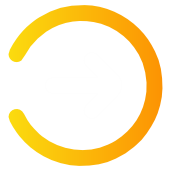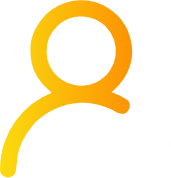| Informasi Situs Toto Togel Online | ||
|---|---|---|
| Nama Situs | ALEXISTOGEL | |
| Pasaran Terbaik | Togel Toto Macau, Togel Singapore, Togel Hongkong | |
| Minimal Deposit | Rp 5.000 | |
| Metode Deposit | Transfer Bank, E-Wallet, QRIS Payment | |
| Mata Uang | IDR (Indonesian Rupiah) | |
| Jam Operasional | 24 Jam Online | |
| Rating | 7,285,657 User | |
| Daftar Sekarang | KLIK DISINI | |
ALEXISTOGEL ✈️ Situs Toto Togel Online Terpercaya & Agen Togel Terbesar #1
Alexistogel selalu dikenal sebagai situs toto togel online terpercaya dengan tingkat kemenangan terbesar #1 saat ini. Agen togel kami memberikan dukungan fitur-fitur terbaik seperti, akses mudah bermain dan sistem deposit tercepat. Selain itu, situs toto terpercaya menawarkan cara agar mudah menang dengan menawarkan pola prediksi angka jitu dan akurat. Tentunya informasi bocoran ini bisa anda jadikan acuan untuk bertaruh di pasaran berikutnya. Sebagai platfrom terbesar, kami juga memiliki situs togel online yang dilengkapi dengan pasaran terlengkap saat ini. Pastinya bermain di agen toto terbaik, dapat mempermudah anda dalam mencari keuntungan.
Keyword Terkait:







